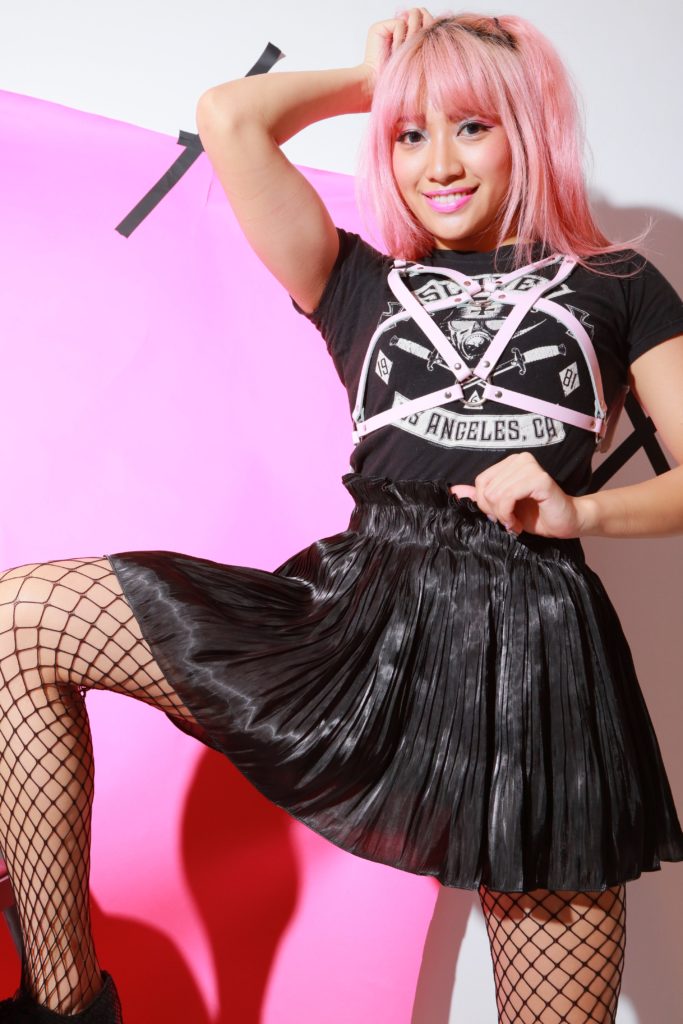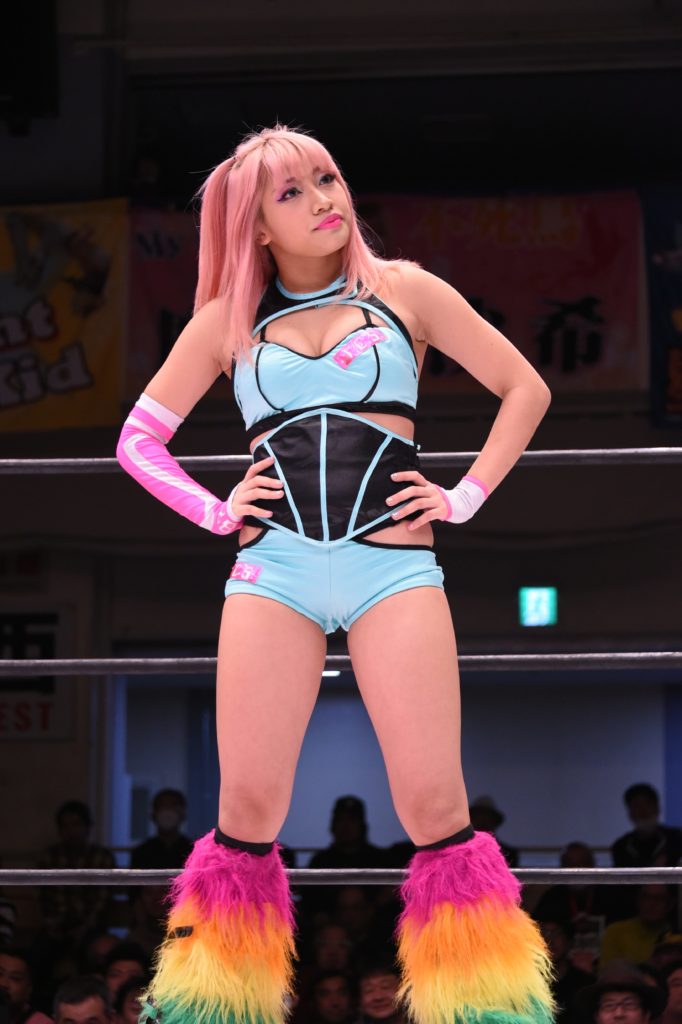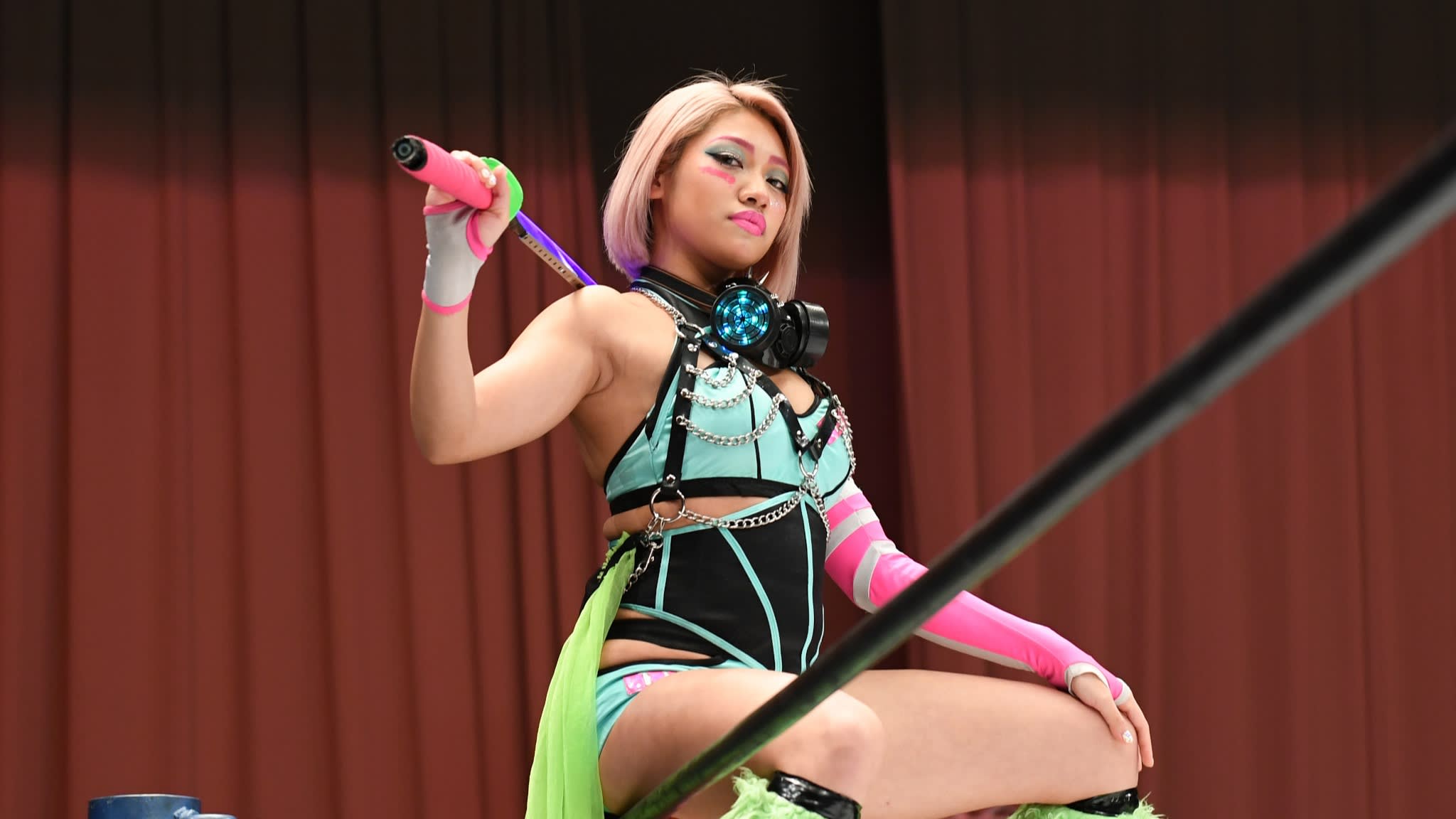They say it takes more than a death to change the world but perhaps that’s not true in the case of 22-year old Hana Kimura (木村花). She was a professional wrestler and one of the cast members of Terrace House, the now defunct reality TV franchise that first launched in 2012 and went on for eight seasons. For the uninitiated, Terrace House follows the relationship dynamics of three boys and three girls as they live as housemates in a posh seaside house with a terrace. Hana-chan as she was called, starred as herself – an up and coming wrestling star with pink hair who was eager to get ahead in the entertainment industry. In an episode aired on March 31st, Hana-chan unleashed her anger over a laundry mishap committed by a fellow (male) housemate. The two made up, but the whole thing exploded right in Hana-chan’s face.
Hordes of Terrace House fans posted Hana-chan hating comments – upwards of 300 a day – and many demanded that she either leave the show or die, immediately. It’s said that the Covid-19 induced isolation further drove Kimura over the edge. Alone in her home, she couldn’t help but read and obsess over the hellish comments on social media, directed straight at her.

On May 23rd, Hana Kimura was rushed to the hospital after friends found her lying on the floor in her apartment, but it was too late. The details of her death have not been disclosed, but she left a note, apologizing to her friends and thanking her mom for “bringing me into this world.” Astonishingly, the anonymous cyber bullies who were at least partly responsible for her death resumed their bashing, accusing her of being ‘weak and needy’ and ‘not cut out to endure the hardships of working in the entertainment industry.”
All that hate though, faded away after Fuji Television Network, the creator of the Terrace House franchise pulled the plug on the show five days after Hana-chan’s suicide. Minister of Internal Affairs and Communications Sanae Takaichi is now pushing for a law to hunt down those who post hate comments, and slap them with fines or worse. Even Prime Minister Abe has moved on the issue, remarking that “hateful comments on the Internet have the power to do irreparable damage, and they should be stopped, if possible.” Since then, things have been pretty quiet. Hana Kimura’s critics have seemingly disappeared off the face of the Net at least for now, and news commentators are continuing to express their ‘profound regret’ over her death.

That said, a certain apprehension hangs in the air; it seems that the Abe Administration is milking the Terrace House tragedy to its own advantage. In the wake of the Covid-19 pandemic, PM Abe’s popularity has hit an all-time low and the belated delivery of two “Abenomasks” per household that he promised back in March, has become a running joke. It seems that most things he does these days is being ridiculed. The death of Hana Kimura may have been a welcome respite from having to deal with the social ills spawned by the lingering coronavirus, and the pile of political embarrassments racked up during the nation’s 49-day shut-down. Moritomo scandal, anyone?
it seems that the Abe Administration is milking the Terrace House tragedy to its own advantage.
In the meantime, media pundits are pointing out that both the Abe Administration and the Japanese populace should have their minds on other, more relevant issues, like the racial protests tearing the US apart, and now raging in Europe as well.
Political columnist Takashi Odajima observed in Nikkei Shimbun that the pandemic has afforded the US an opportunity to take a hard look at social injustice, while in Japan that same pandemic has given the government an excuse to cover things up. “In Japan, the government hides its scandals and inconvenient truths under the masks they insist on wearing,” he wrote.
You don’t have to be a pundit like Odajima, to get that sinking feeling: once again, Japan lags way behind the west when it comes to grappling with stuff that truly matters, in spite of, or maybe because of, an ongoing pandemic. While we’re still wrapping our faces and panicking about the number of new infections cropping up in Tokyo (more than 10! How horrifying!), protesters across the Pacific are risking their lives for racial justice. The comparison is scathingly humbling. Gosh, we’re small. And scared shitless of direct conflict.
Odajima pointed out that the Japanese are hopelessly bad at arguing a point, or any form of adverse social interaction unless it’s done among family members. He’s right. The bad stuff happens mostly at home and behind closed doors. In some cases they continue for years before anyone finds out. There’s anonymous groping on trains, and faceless bullying on the net but public protests in broad daylight rarely occur unless the protesters are hiding their faces behind masks. This explains why Hana-chan got so much flack – she dared to express rage over public airwaves, in her own name. And though it’s been pointed out that the show’s producers obliquely coerced her to do so, many Terrace House viewers were too naive to see the difference between the ‘reality’ of reality shows, and real life.
Maybe that’s just the way the Abe Administration wants it. Passive silence behind masks is vastly preferable to outright self-expression, in whatever situation. Imagine if the Japanese took to the streets to protest income inequality, the plight of temp workers, foreign laborers, and single mothers, domestic violence and rampant child abuse–just a few items off the top of an endless list?

The truth is that at this point, the nation needs many more Hana Kimuras–brave enough to express anger and negative feelings without fear of being punished for it. Hopefully, we can do that better, once the masks come off.

